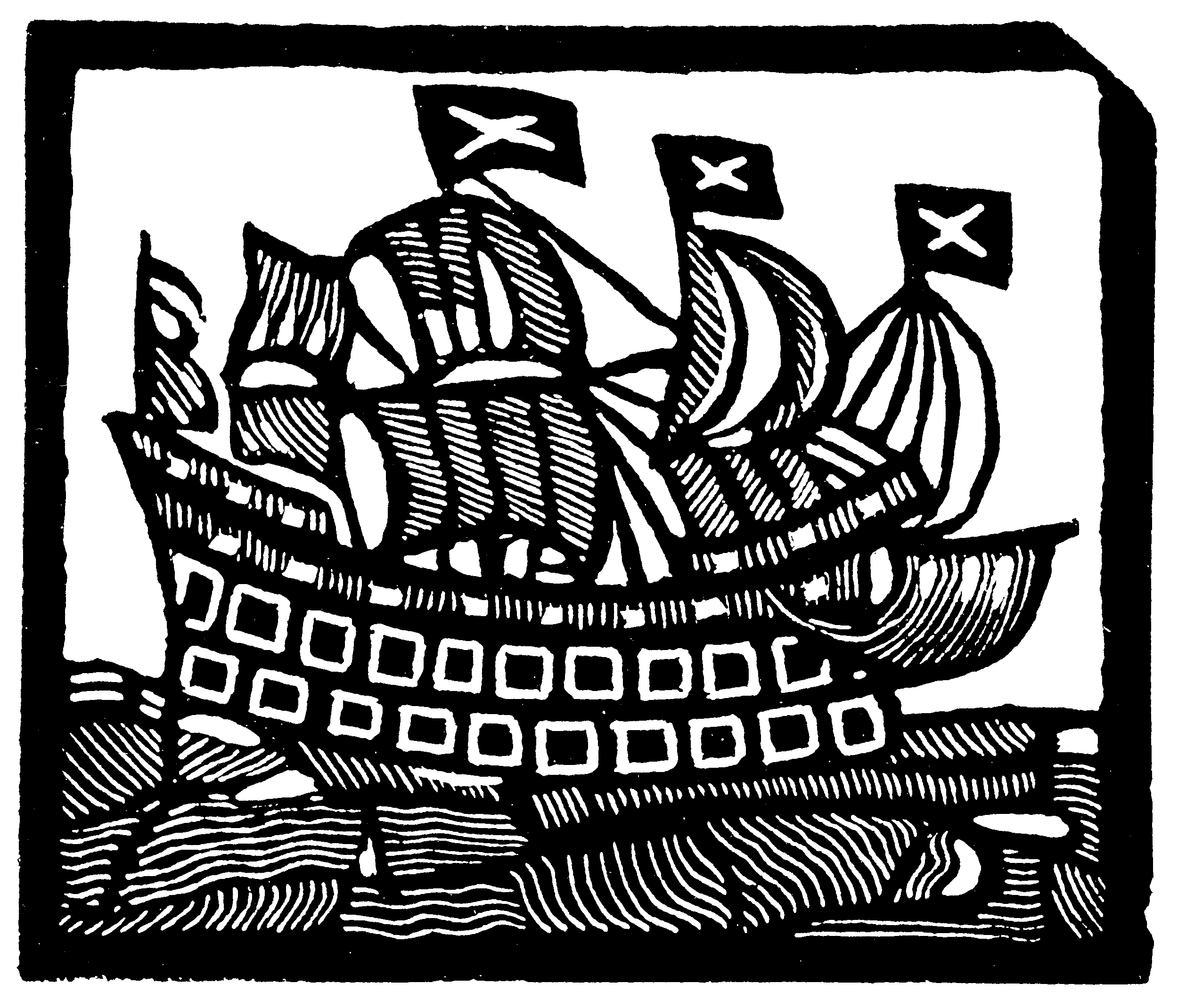Old English 1: “Our Mirth, the Music of Division”

Artwork: Quaint Woodcuts* | Excerpt from an Old English Poem | Origins of Some Old English Sayings
“Our Mirth, the Music of Division”
An Old English Poem
Our mirth the music of division;
Our mothers’ wombs the tiring-houses be,
Where we are dressed for this short comedy.
Heaven the judicious sharp spectator is,
That sits and marks still who doth act amiss;
Our graves that hide us from the searching sun
Are like drawn curtains when the play is done.
Thus march we, playing, to our latest rest,
Only we die in earnest – that’s no jest.

The Origin of Old English Sayings
“Wear My Heart on My Sleeve”
Like many things based in the English language, you can thank William Shakespeare for the popularity of this phrase. Early on in Othello (c. 1603), Iago confides to Roderigo that he’s only serving Othello to serve himself. He knows that if he says and does what he’s actually thinking he’ll be destroyed.
“I will wear my heart upon my sleeve
For daws to peck at. I am not what I am”
The key to this couplet is knowing that daws are jackdaws, the smallest bird in the crow family. If Iago wears his heart on his sleeve, these birds are going to swoop down and peck away at it. Better that he hide his true self and live to fight another day.

Old English Poetry
The woodcuts are from the book “Pictorial Archive of Quaint Woodcuts in the Chap Book Style” by Joseph Crawhall. A “chapbook” is a small book containing poems, stories, ballads or religious tracts. The origin of terms is from the “Local Histories” website and the poem excerpts are from various sources.
